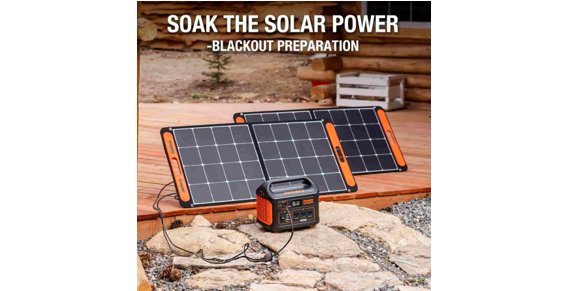Solar Panels 101: Everything You Need to Know

Are you interested in learning more about solar panels and how they work? Look no further than this Solar Panels 101 guide. Here, we’ll break down the science behind solar energy and debunk common myths and misconceptions.
The Science Behind Solar Energy
A solar panel is a device that converts sunlight into electricity. This is done through a process called the photovoltaic effect. When light hits the solar panel, it knocks electrons loose from atoms in the panel’s material. These electrons are then captured and transferred as electrical current.
Solar panels consist of multiple solar cells, each containing layers of silicon and other conductive materials. When these materials are exposed to sunlight, they produce an electric field that allows the electrons to flow freely, generating electricity.
Common Myths and Misconceptions About Solar Panels
Myth #1: Solar panels only work in warm, sunny climates.
In reality, solar panels can work in a variety of climates and weather conditions. They can still generate electricity on cloudy days, although not as much as on sunny ones.
Myth #2: Solar panels are too expensive.
While there is an upfront cost to installing solar panels, they can save you money in the long run by reducing your electricity bill. Additionally, there are tax credits and financing options available to make the investment more affordable.
Myth #3: Solar panels require constant maintenance.
Solar panels are low-maintenance devices. They simply need to be kept clean and free of debris to function properly.
Conclusion
Investing in solar panels can have numerous benefits for both your wallet and the environment. If you’re interested in learning more about installing solar panels, contact a solar generator for more information and guidance. By understanding the science behind solar energy and dispelling common myths, you can make an informed decision about whether solar panels are right for you.



